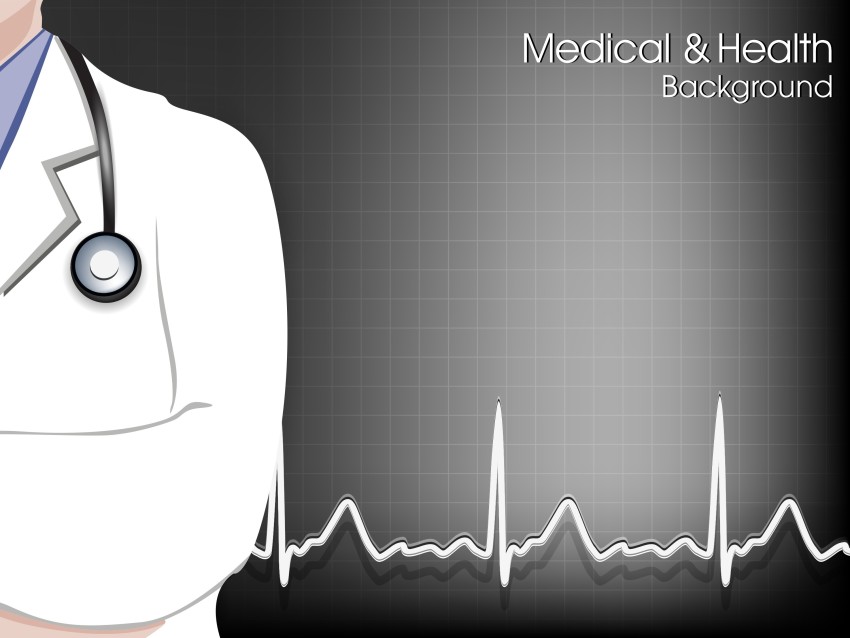LagosMums, let’s talk about health and wellness for dads and face it, dads are just not on top of their health. As we take care of our babies and ourselves, let’s not forget the dads. They actually need our help here. If needed, make the appointments for them, send reminders to them and possibly even go with them to their appointments to make them feel more comfortable.
It is important to see the doctor for regular medical check-ups to help you stay healthy and to pick up early warning signs of disease or illness. Cardiovascular (heart) disease, diabetes and some cancers can often be picked up in their early stages, when treatment may be more successful.
So you know how to help the men in your lives, you need to know what health assessments they need to be doing. So, below is a list. Note that this list is not exhaustive and each individual may need more (or less) tests. Always check with your doctor.
Health Assessment/Screening
Blood Pressure test
When
- Ages 18 and above
- Get tested at least every 2 years if you have normal blood pressure (lower than 120/80)
- Get tested once a year if you have blood pressure between 120/80 and 139/89 or a family history of high blood pressure, stroke or heart attack. Discuss treatment with your doctor, pharmacist or nurse if you have blood pressure 140/90 or higher
Why
- The only way to identify hypertension is with blood pressure screenings
Cholesterol test
When
- Starting at age 35, check your cholesterol level every 2 years. Begin screening at age 20 if you smoke, are obese, have diabetes or high blood pressure or have a family history of heart disease and check once a year.
Why
- Treating cholesterol abnormalities can help reduce your risk of heart disease
 Diabetes screening – Fasting Blood Glucose
Diabetes screening – Fasting Blood Glucose
When
- Every three years starting at age 45; more often or earlier if you’re overweight or at risk for diabetes
- Get screened for diabetes if your blood pressure is higher than 135/80 or if you take medicine for high blood pressure
Why
- To provide an early warning sign of high blood sugar levels, which could mean an increased risk for diabetes
Body Mass Index (BMI) & Waist Measurement
When
- Check your body mass index (BMI) and waist measurement once a year from the age of 25
Why
- Being overweight is a significant risk factor for many health conditions, including cardiovascular disease and diabetes
Vision Tests (Eye Examination)
When
- Women should have an eye examination at least once from ages 20 to 29; at least two eye examinations between ages 30 and 39.
- At age 40, women should get a baseline eye disease screening. Based on results, follow ophthalmologist’s recommendations until age 65.
- After that, complete eye exam every one to two years
Why
- To test your vision and screen for glaucoma and macular degeneration, two common, often age-related conditions
Hearing test
When
- Beginning at age 18, then once every 10 years until age 50, after which it should be once every three years
Why
- To make sure you’re hearing all life has to offer
Dental Examination
When
- At least once a year; twice a year is best starting from age 18
Why
- To remove plaque and bacteria that could lead to tooth and gum disease; to check for tongue and mouth cancer. Problems with your teeth can indicate osteoporosis
HIV Test
When
- Get tested for HIV at least once. If you have new or multiple sexual partners, get tested once a year
Why
- HIV can only be detected through testing
Chlamydia test
When
- Get tested for chlamydia yearly from the age of 24 if you are sexually active, especially if you have new or multiple sexual partners
Why
- STD’s can only be detected through testing
Gonorrhea test
When
- Get tested for gonorrhoea yearly from the age of 24 if you are sexually active, especially if you have new or multiple sexual partners
Why
Skin Tests
When
- Check your skin every month for moles that have changed or look abnormal. You should also look out for sores that won’t heal. See your doctor if you notice anything unusual.
- Men at high risk (for example, those who work outdoors) need a yearly examination by their doctor or dermatologist.
Why
- Melanomas (a type of skin cancer) is highly curable when diagnosed early
Colorectal cancer screening
When
- Annually starting at age 50 for the fecal occult blood test or the fecal immunochemical test; stool
- DNA test may be given at intervals recommended by your doctor
- Talk to your doctor about which screening test is best for you and how often you need it
Why
- To provide an early warning sign about colon cancer
Testicular Examination
When
- Testicular examination should be done once a month from the age of 20 to check for any abnormal lumps or masses it is sensible for men to become familiar with the usual level of lumpiness of their testicles and to see their doctor if they notice a change.
Why
- To provide an early warning sign about testicular cancer
Prostate Specific Antigen (PSA)
When
- PSA can help detect early prostate cancer. Men aged 50 and over should get this test done once a year and those aged 45 and over with a strong family history of prostate cancer
Why
- The results of this test are accurate; however this is not a reliable test for prostate cancer and may miss and/or suggest the presence of a cancer where there is none. It is therefore important to do this test in conjunction with a physical examination and/or biopsy. Discuss this with your doctor.



